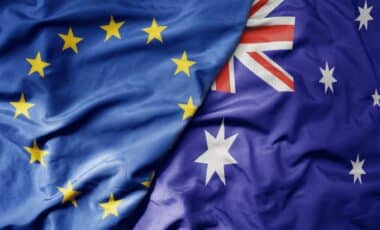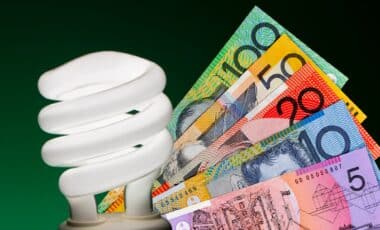Australia’s Productivity Commission has called on the federal government to accelerate the removal of remaining import tariffs, citing minimal benefits and disproportionate administrative burdens.
This comes as former US President Donald Trump delays the implementation of his proposed “liberation day” tariffs, intensifying scrutiny on global trade policy.
The Commission’s annual Trade and Assistance Review suggests that Australia stands to gain economically from avoiding retaliation against the US, provided it pursues deeper tariff reform. It also warns that widespread retaliatory measures could pose serious risks to Australia’s trade-driven economy.
Tariff Reductions Could Benefit Australia’s Economy
Australia could see a marginal increase in economic output by removing its remaining “nuisance tariffs”, according to the Productivity Commission.
In its 2023–24 report, the Commission estimates that compliance with the current tariff regime costs businesses between AUD 1.3 billion and AUD 4 billion annually, while generating only AUD 2 billion in revenue.
Deputy Chair Professor Alex Robson stated that these tariffs offer little protection to local industries and instead impose unnecessary costs.
“We’ve identified a further 315 nuisance tariffs that could be removed and which would make Australia better off,” he told Radio National Breakfast.
Last year, the government scrapped 457 tariffs deemed inefficient. The Commission is now urging it to go further, arguing that around 90% of Australia’s imports already enter the country duty-free, and most of the remaining tariffs are only at 5%.
The Commission’s analysis shows that these low-level tariffs not only fail to protect domestic industries but also distort resource allocation and hamper competitiveness.
“They raise revenue of about $2 billion, but the compliance costs are up to $4 billion, and also they’re not protecting any industries,” said Robson.
Global Uncertainty as US Tariffs Loom
While Australia reviews its domestic trade policy, international trade tensions continue to rise. The US has delayed the implementation of sweeping new tariffs until 1 August. These include proposed 25% duties on key Australian trading partners such as Japan and South Korea, and a 32% tariff on Indonesia.
According to Robson, Australia could benefit relatively from these changes, since its exports to the US currently face a lower tariff rate than other nations.
“What happens is that there’s capital outflow from the United States that’s got to go somewhere. It comes to Australia as well as other countries,” he explained, suggesting this may slightly boost Australia’s real GDP.
Still, the Commission has warned against retaliatory measures.
“The main concern in all of this is the uncertainty that the different announcements create in the global trading environment and the risk of escalation and retaliation around the world,” Robson said. Broader retaliation, he added, could seriously damage Australia’s trade prospects.
The Commission also voiced caution regarding the Future Made in Australia programme, advising that industry assistance must be transparent, evaluated, and strategically justified to avoid becoming a form of covert protectionism.









